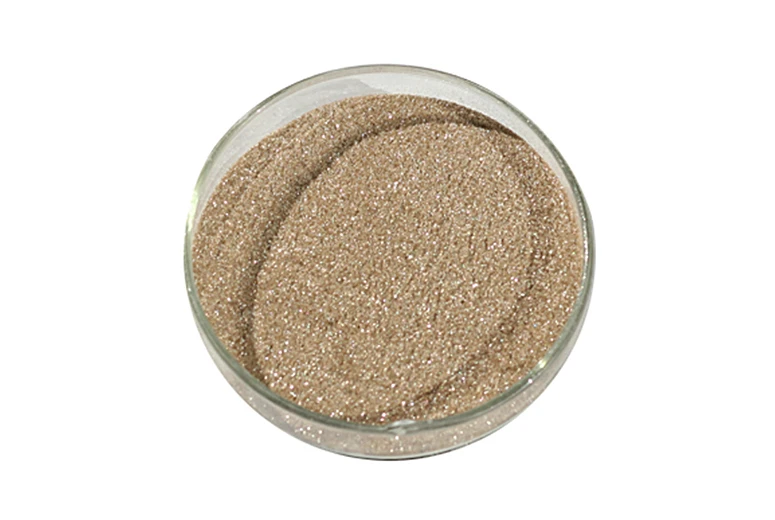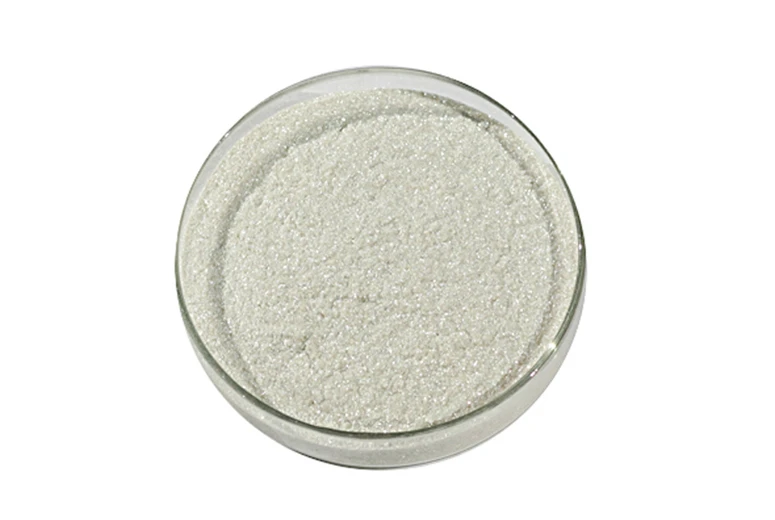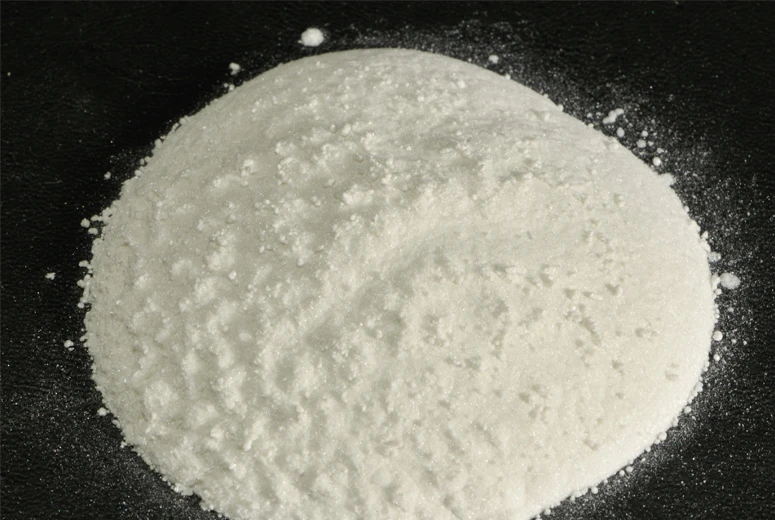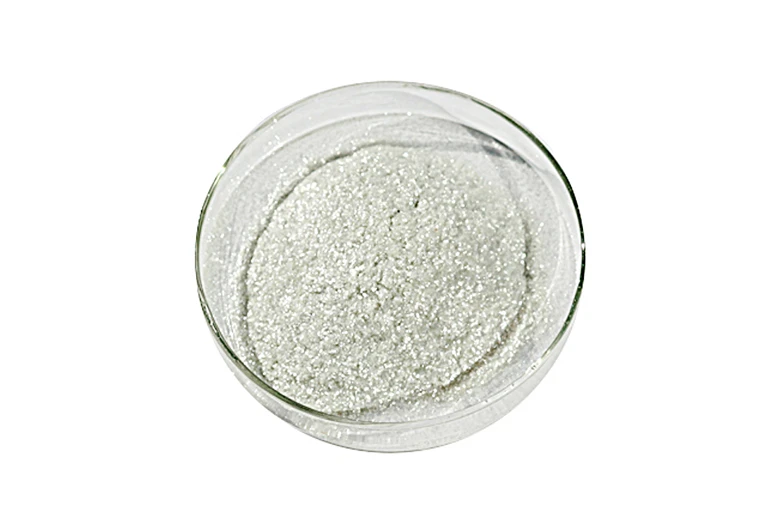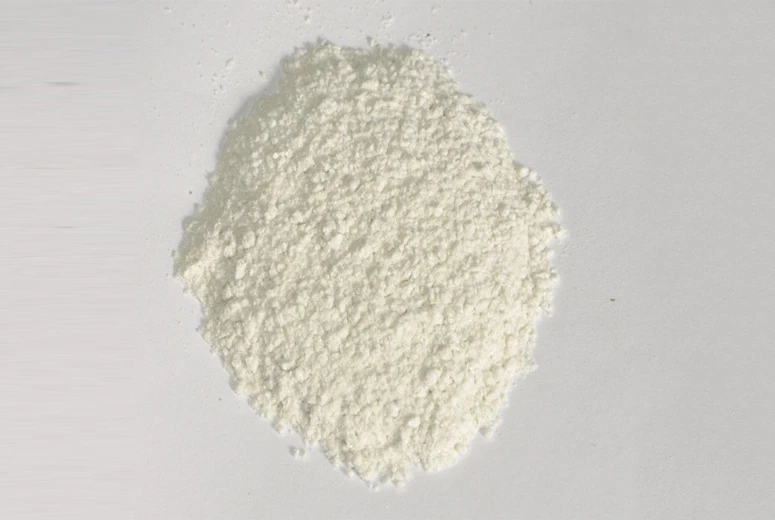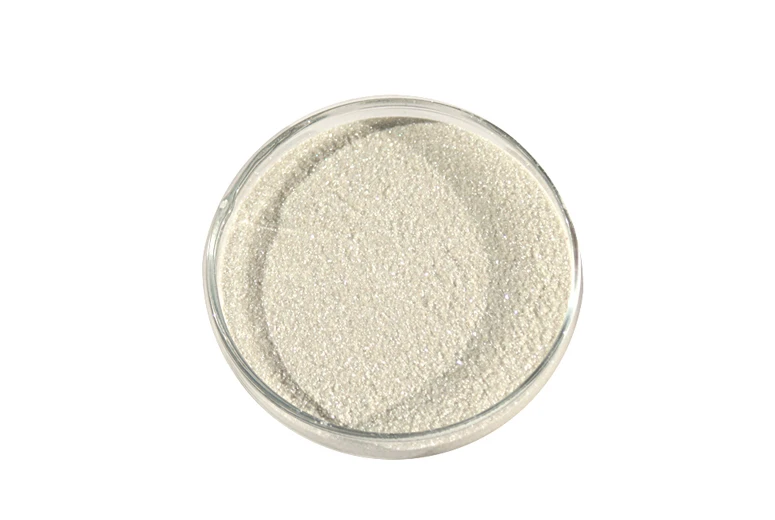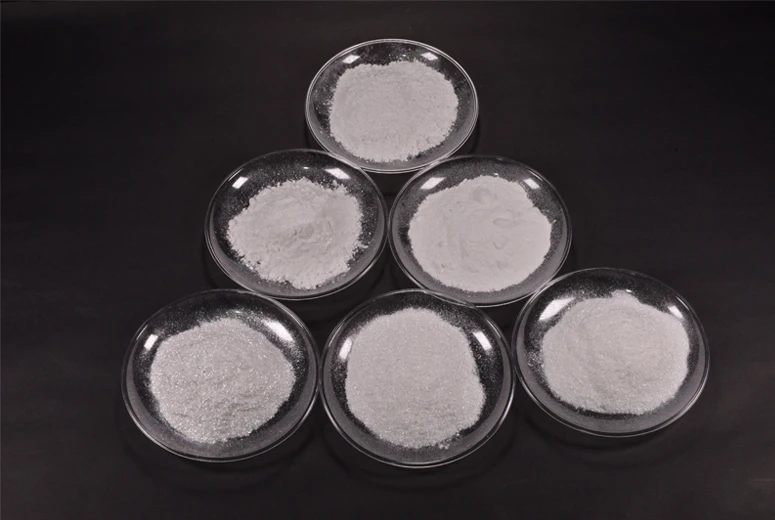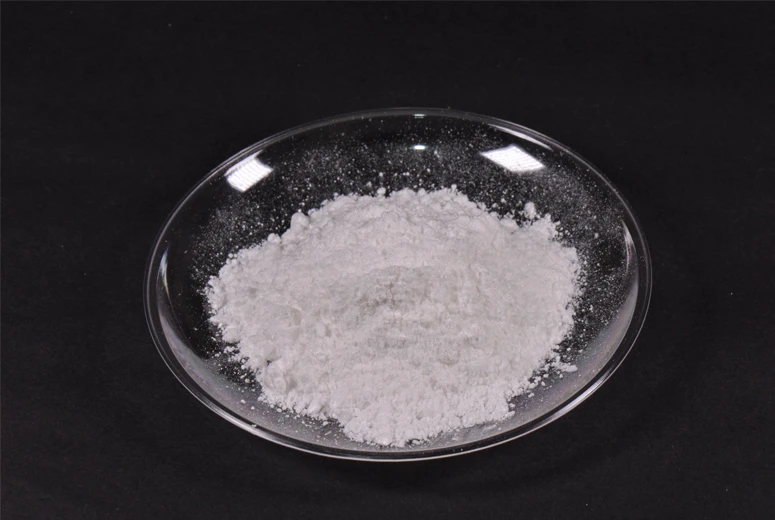mica powder for cosmetics safe
The Safety of Mica Powder for Cosmetic Use
Mica powder has become increasingly popular in the cosmetic industry, prized for its ability to add shimmer, shine, and color to a variety of beauty products. However, as with any ingredient used in cosmetics, safety is a primary concern. This article will explore the safety of mica powder, particularly focusing on the implications for consumers and manufacturers.
What is Mica Powder?
Mica is a naturally occurring mineral that forms in layers, giving it a unique structure that allows it to be ground into a fine powder. It is available in various colors and is often used in products such as eyeshadows, blushes, highlighters, and nail polishes. Besides its aesthetic qualities, mica powder also offers benefits like oil absorption, improved texture, and increased blendability in formulations.
The Safety Profile of Mica Powder
When it comes to cosmetics, the safety of mica powder largely depends on its sourcing and processing. Mica is generally considered safe for topical use, especially when derived from reputable suppliers who adhere to industry safety standards. However, concerns have arisen regarding the ethical implications of mica mining, which can impact its safety profile. Unregulated mining practices, often in developing countries, can lead to the inclusion of contaminants in mica powder, such as heavy metals.
Challenges of Sourcing Mica
One of the significant issues surrounding mica powder is the lack of transparency in its supply chain. Reports have highlighted the problematic extraction processes, particularly in regions like India, where child labor and unsafe working conditions have been documented. These concerns emphasize the need for consumers to be vigilant regarding the sourcing of mica in cosmetics.
Reputable brands are increasingly committing to ethical sourcing practices, ensuring that their mica comes from mines that provide safe working conditions and fair labor practices. Moreover, the demand for synthetic alternatives is growing, presenting options that do not involve the ethical concerns of natural mica.
mica powder for cosmetics safe
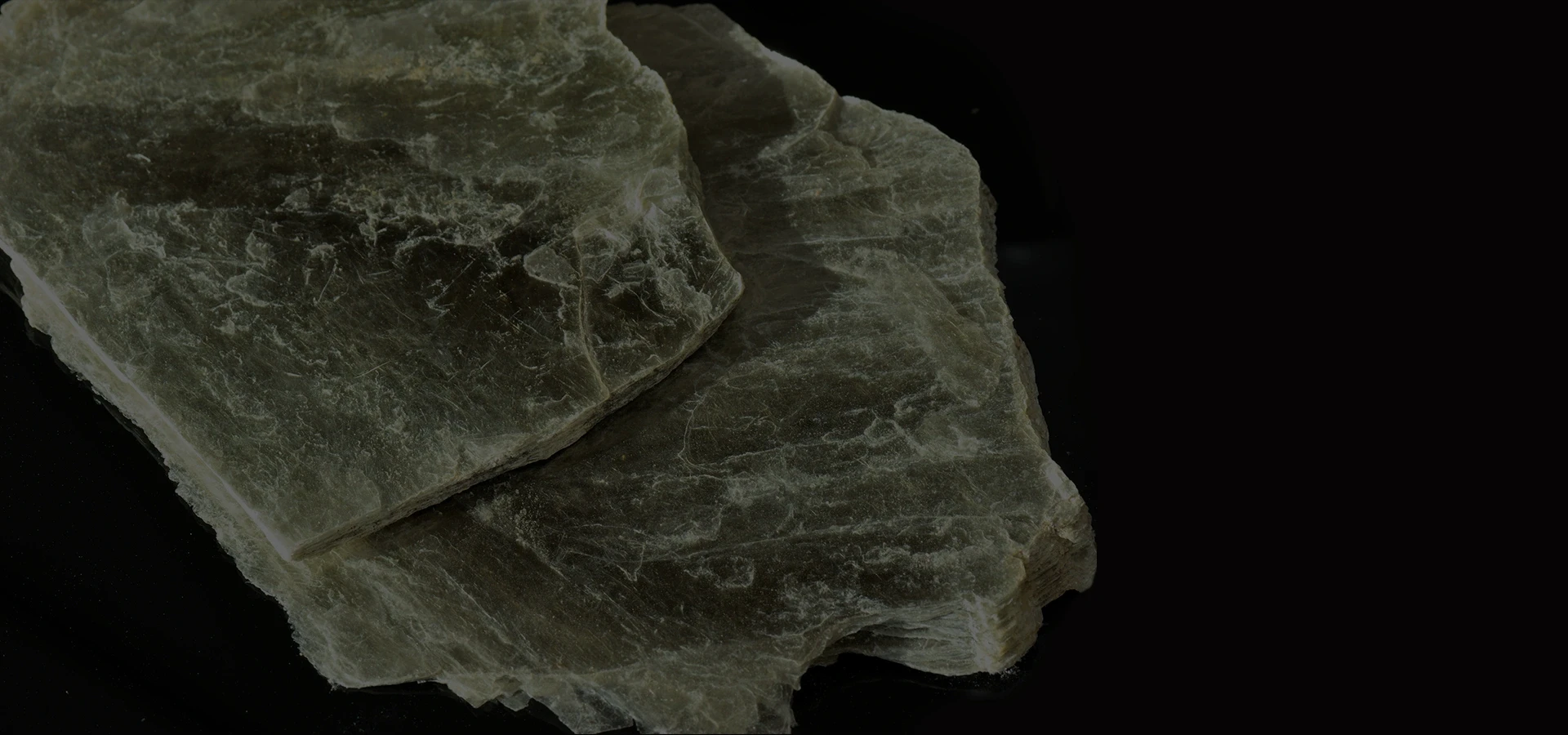
Regulatory Oversight
In many countries, cosmetic products are subject to strict regulations to ensure safety for consumers. Organizations such as the Food and Drug Administration (FDA) in the United States and the European Commission in Europe monitor cosmetic ingredients, including mica. While mica itself is not considered a harmful substance, the safety of any cosmetic product depends on the overall formulation, including the presence of other ingredients and any potential contaminants.
In the United States, mica is listed as an approved cosmetic ingredient. However, it is crucial for consumers to be informed and to consider the brands they support. Transparency in ingredient sourcing not only contributes to consumer safety but also encourages ethical practices in the industry.
Possible Alternatives to Mica
With growing concerns about mica mining, many cosmetic companies are looking at alternatives to traditional mica powder. Synthetic mica is one such option, created in labs to mimic the properties of natural mica. These synthetic variants can provide a similar shimmer effect without the ethical and environmental issues associated with natural mica sourcing.
Another alternative is the use of other mineral pigments that do not require the same level of scrutiny in sourcing. These options can provide similar aesthetic benefits while promoting sustainable practices.
Conclusion
Mica powder remains a popular ingredient in cosmetics, known for its shimmering properties and versatility. While it is generally safe for use in cosmetic products, the ethical implications of mica mining raise significant concerns. As consumers become more aware of these issues, there is a growing demand for transparency and ethical sourcing within the beauty industry. Brands that prioritize responsible sourcing and offer synthetic alternatives are leading the way toward a more sustainable and safer cosmetic landscape.
Informed consumers can contribute to positive change by choosing products from brands that demonstrate a commitment to ethical practices, thereby ensuring that their beauty routines do not have a harmful impact on people or the planet. As the industry evolves, the hope is that all cosmetic products can be both safe and ethically produced.
-
Transforming Surfaces with Mica-Enhanced Paints in Coatings and DecorationNewsJul.02,2025
-
The Ultimate Guide to Mica-Based Luminous Colors with Pearlescent PigmentNewsJul.02,2025
-
The Critical Role of Mica in Industrial Applications in Welding and Oil FieldsNewsJul.02,2025
-
Revolutionizing Automotive Aesthetics with Modified Plastics Pearlescent PigmentsNewsJul.02,2025
-
The Secret with Mica Powder for Cosmetics Behind Radiant, Natural MakeupNewsJul.02,2025
-
Enhancing Performance in Polymer Applications with Mica Powder for RubberNewsJul.02,2025
Products categories


